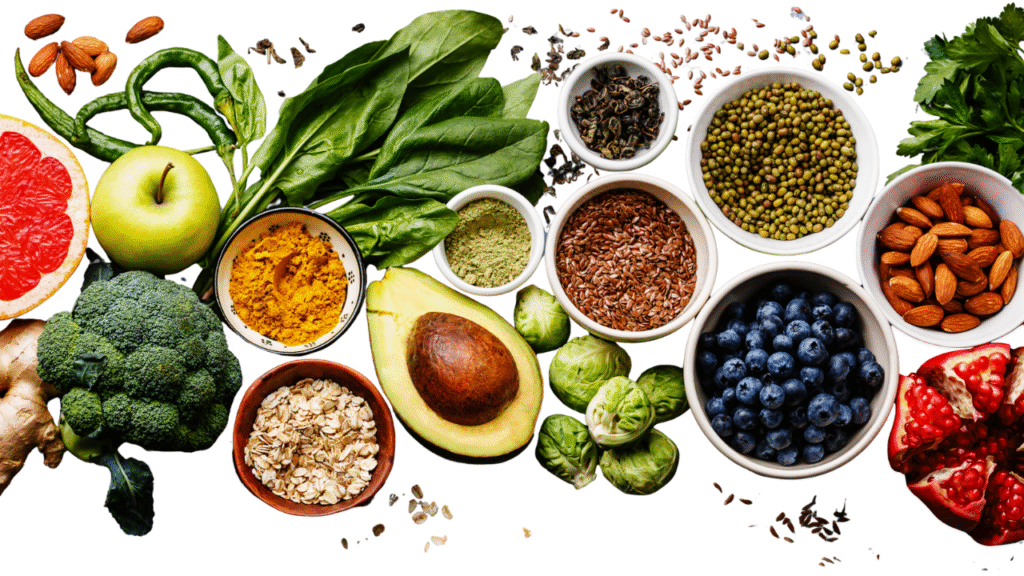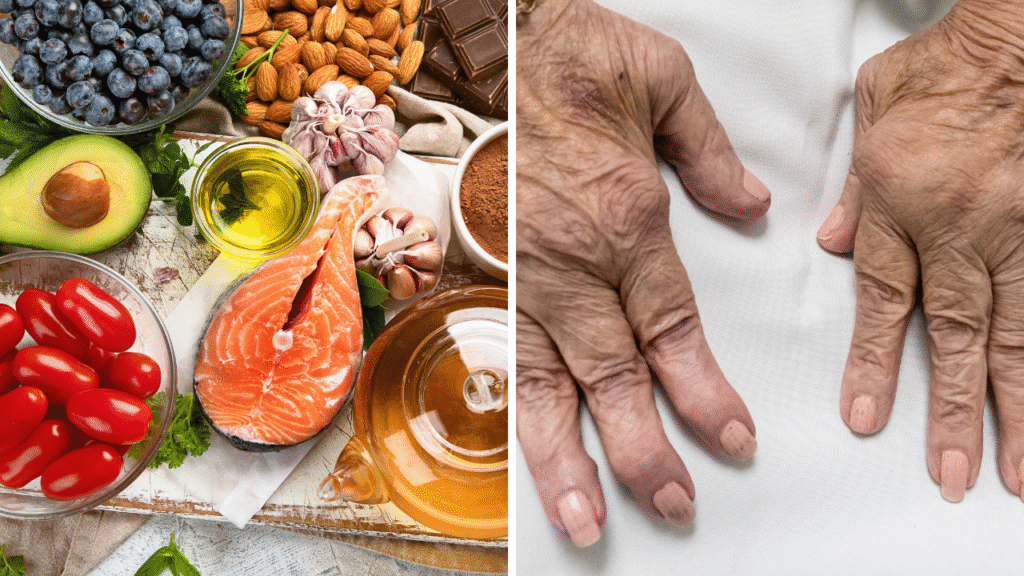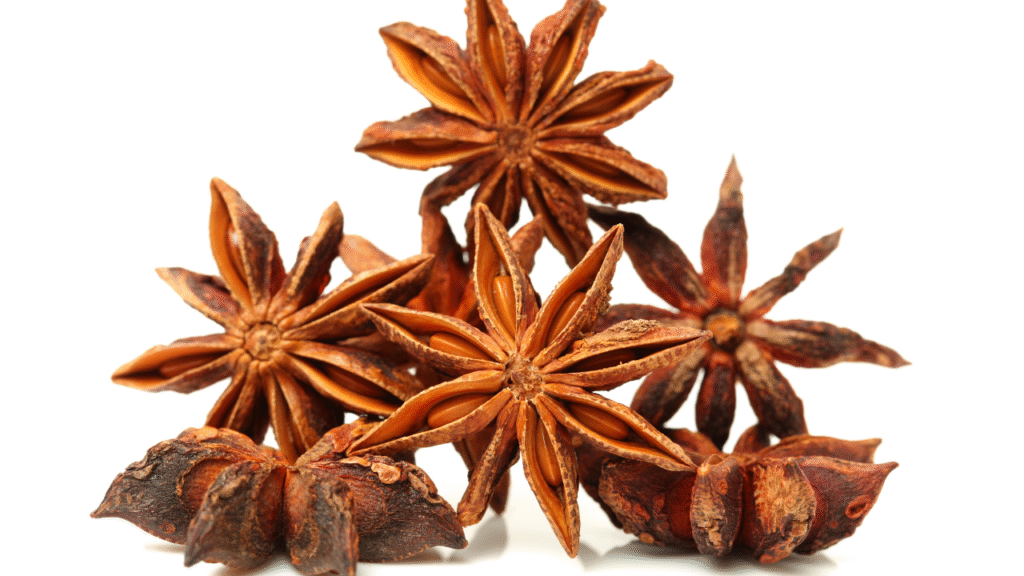The gut’s bacteria and microbes are essential in digestion and fighting harmful bacteria and yeast. Certain foods can promote gut health and feed good bacteria, while others can harm gut bacteria and lead to gastrointestinal issues. The effect of various foods on gut health differs depending on an individual’s dietary habits and food intolerances. It is crucial to sustain a healthy gut microbiome to promote overall physical and emotional wellness.

There are 14 foods that you should avoid.
1 Animal protein
Animal-based foods like meat, dairy, and eggs are rich in protein and nutrients, but consuming excessive animal protein can harm gut health. High-protein diets, especially animal-based ones, increase the risk of inflammatory bowel disease. Research shows that individuals who consume a high amount of red meat are more likely to develop heart attacks and stroke due to the production of trimethylamine N-oxide (TMAO), a byproduct of gut bacteria. Additionally, a 2010 study found that children who consume high-fiber diets with pea protein had better gut health than those who eat more meat.
2 High FODMAP foods
High FODMAP foods can cause gastrointestinal problems in people with bowel issues, such as IBS. FODMAP comprises the initial letters of Fermentable Oligosaccharides, Disaccharides, Monosaccharides, and Polyols. Simple sugars and sugar alcohols in certain foods can cause stomach discomfort. Some high FODMAP foods include processed foods with high fructose corn syrup, sorbitol, other artificial sweeteners, fruit juices, agave, honey, many other sweeteners, and condiments like jam, relish, and hummus. Individuals who adhere to a low FODMAP diet may opt for an elimination diet to identify foods that trigger gastrointestinal issues. This involves eliminating potentially problematic foods and gradually reintroducing them to determine the culprits.
3 Foods containing antibiotics
Antibiotics are commonly used by farmers, particularly those with significant operations, to prevent severe infections in animals. However, this practice is controversial due to the risk of promoting antibiotic resistance, which can occur when bacteria are repeatedly exposed to antibiotics. It is important to note that antibiotics kill harmful bacteria and helpful bacteria in the gut. To prevent side effects, some people take probiotics when using antibiotics. 80% of antibiotics sold in the United States are used for animal agriculture.
4. Fried Foods
Fried foods are hard to digest, cause gastrointestinal problems, promote harmful gut bacteria, and increase the risk of liver disease. Doctors recommend avoiding them for people with liver issues. Instead of fried and processed foods, choosing healthier options like oven-roasted potatoes or prebiotic-rich foods is better. It is advisable to fry coconut or avocado oil instead of canola or vegetable oil when cooking at home.
5 Gluten
Proteins known as gluten are frequently present in grains like wheat, rye, and barley. While most people can consume gluten without any issues, research suggests that it can harm your gut and have long-term effects on your body, even if you are not gluten-sensitive.
Consuming gluten can cause inflammation in your gut, leading to digestive issues, including bloating, gas, and diarrhea. In addition, gluten has been linked to changes in gut bacteria, which can significantly impact your overall health and well-being.
To avoid the adverse effects of gluten, consider trying grain-free alternatives. Many foods now come in grain-free versions, including bread, pasta, and baked goods. These alternatives are often made with nutrient-dense ingredients that are better for your body and can help support your gut health over the long term.
6. Sugar
An imbalance in gut bacteria can occur due to consuming sugar, regardless of its form. This happens because harmful bacteria thrive on sugar, while good bacteria starve. This imbalance can trigger adverse health effects and compromise our overall well-being. Therefore, limiting sugar intake and opting for prebiotic natural sweeteners that contain fibers and flavonols is essential. Sweeteners like honey and dark chocolate can aid in maintaining a healthy gut and promoting a balance of beneficial bacteria in our digestive system.
7. Processed Foods
Processed foods are unsuitable for you because they break down into components that feed the less hospitable bacteria in your gut. This reduces the species of bacteria in your microbiome, including many beneficial ones, and lowers gut diversity, which is very important for your health. Instead of junk food, try healthier options like oven-roasted potatoes or prebiotic-rich foods. You can also use coconut or avocado oil instead of canola or vegetable oil for frying at home, as they don’t break down into harmful components when heated.
8. Dairy
Consuming dairy products can affect the gut microbiome, and it only takes a few days of increased dairy for those changes to occur. However, there is a possibility of consuming antibiotics in dairy products, which can hurt the gut microbiome. Although FDA regulations in the U.S. state that lactating cows can’t be given antibiotics, there have been cases where farmers have violated those regulations. Opting for high-quality, organic, grass-fed, rBGH-free, and preferably raw dairy products is recommended to avoid this.
9. Soy
Most soy products we consume today are genetically modified and processed in ways that make them unhealthy. Studies show a high soy diet can negatively affect gut bacteria. Instead, opt for organic soy and fermented products like natto, tempeh, or miso, and avoid GMO soy.
10. Red Meat
Consuming a diet heavily based on red meat can harm your body. This is because it can impact the bacteria in your gut by increasing the levels of undesirable bacteria while decreasing the good ones. It is worth noting that most meat products contain antibiotics, and it is estimated that livestock in the United States are given around 80% of the total antibiotics used. To stay healthy, choose organic, grass-fed meat whenever possible. It’s not only tastier but also better for your health.
11. Tap Water
Keeping your body well-hydrated is an essential aspect of maintaining good health. However, tap water may only sometimes be the best option to ensure optimal hydration. That’s because tap water often contains chemicals like chlorine and antibiotics, which can potentially harm the beneficial bacteria in your gut. Luckily, you can adopt uncomplicated measures to alleviate this problem. One option is to switch to filtered or spring water, which can help remove harmful contaminants and provide a cleaner, safer drinking experience. This small change can help ensure your body remains hydrated and healthy in the long run.
12. Eggs
When buying eggs, choosing ones that have come from healthy, free-range chickens is essential. These eggs are typically more nutritious and taste better than chickens raised in standard farm conditions. Additionally, free-range eggs are less likely to contain antibiotics or other harmful substances that may be present in factory-farmed eggs. So, to ensure you’re getting the best quality eggs, opting for free-range ones whenever possible is a good idea.
13. Farmed Fish
Farmed fish are often given antibiotics and growth hormones. They are also fed genetically modified corn, which can harm your gut bacteria. Certain varieties of fish contain elevated amounts of mercury that may decrease the levels of beneficial bacteria in the gut. It’s best to eat only wild-caught fish and choose less contaminated species.
14. GMO Foods
GMO foods may negatively affect the gut microbiome, so avoiding them whenever possible is best. Look for non-GMO foods grown using traditional methods. Take care of your body and support your microbiome by making healthy diet changes and taking a premium probiotic like PRO-15. Even small changes can make a big difference in keeping your gut healthy.
15 Artificial Sweeteners
Artificial sweeteners, commonly used by people to lose weight, can negatively affect gut health. These sweeteners can cause changes to the gut microbial composition, lead to increased glucose intolerance, and result in higher rates of metabolic disease.
Summary
No one food guarantees good gut health. Some fermented foods may worsen gut health in people on low FODMAP diets, while red meat and fried foods should be avoided or consumed in moderation to improve gut health. It is best to consult a doctor or dietitian for personalized gut health goals, and a trial-and-error approach is often the most effective.
Links
- Antibiotics Overuse in Animal Agriculture: A Call to Action for Health Care Providers – PMC (nih.gov)
- Restricting the use of antibiotics in food-producing animals and its associations with antibiotic resistance in food-producing animals and human beings: a systematic review and meta-analysis – ScienceDirect
- Probiotics – NHS (www.nhs.uk)
- Liver Disease Diets: Fatty Liver Diet and More (liverfoundation.org)
- Impact of diet in shaping gut microbiota revealed by a comparative study in children from Europe and rural Africa – PMC (nih.gov)
- Impact of chronic dietary red meat, white meat, or non-meat protein on trimethylamine N-oxide metabolism and renal excretion in healthy men and women | European Heart Journal | Oxford Academic (oup.com)




